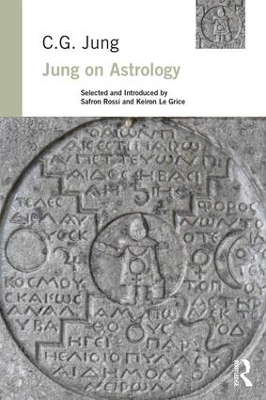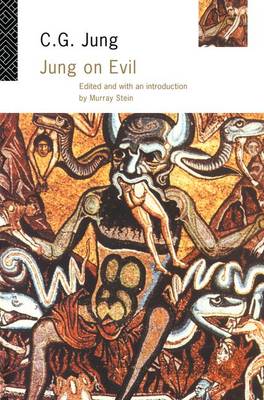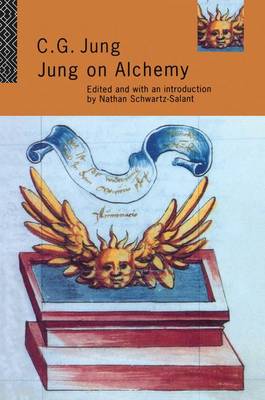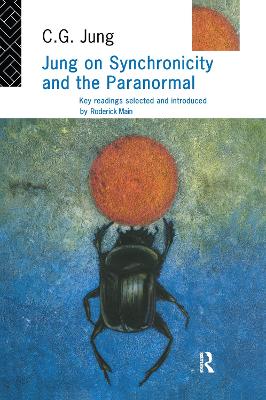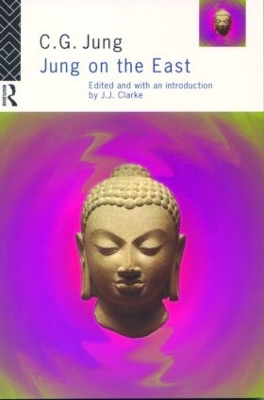Jung On
6 total works
Jung on Astrology brings together C. G. Jung’s thoughts on astrology in a single volume for the first time, significantly adding to our understanding of Jung’s work.
Jung’s Collected Works, seminars, and letters contain numerous discussions of this ancient divinatory system, and Jung himself used astrological horoscopes as a diagnostic tool in his analytic practice. Understood in terms of his own psychology as a symbolic representation of the archetypes of the collective unconscious, Jung found in astrology a wealth of spiritual and psychological meaning and suggested it represents the "sum of all the psychological knowledge of antiquity."
The selections and editorial introductions by Safron Rossi and Keiron Le Grice address topics that were of critical importance to Jung—such as the archetypal symbolism in astrology, the precession of the equinoxes and astrological ages, astrology as a form of synchronicity and acausal correspondence, the qualitative nature of time, and the experience of astrological fate—allowing readers to assess astrology’s place within the larger corpus of Jung’s work and its value as a source of symbolic meaning for our time.
The book will be of great interest to analytical psychologists, Jungian psychotherapists and academics and students of depth psychology, Jungian and post-Jungian studies, as well as to astrologers and therapists of other orientations, especially transpersonal.
Evil became a central issue for Jung as he grew older. His early investigations of the place of evil in the mental processes of the severely disturbed led him to consider the concept of evil in greater depth when exploring the role of analysis in ethical and cultural transformation.
Jung on Evil brings together his important writings on good and evil. It includes his attempts to comprehend the worst excesses of the Second World War, as well as discussions about moral choices, conscience and the continual ethical reflection that is necessary for all of us.
Leading analyst Murray Stein provides a clear and concise introduction that gives an accessible account of Jung's ideas about evil. It will be invaluable to all those interested in the problems of ethics, religion and psychology in the modern world.
Finally, he comes to the conclusion that myth originates and functions to satisfy the psychological need for contact with the unconscious--not merely to announce the existence of the unconscious, but to let us experience it.
Jung realized that the fantastic images of alchemy - fire-breathing dragons, hermaphrodites, lions giving birth to the sun - are not so far from our daily lives. He made sense of such seemingly incomprehensible symbols and showed how, in fact, such images represent a usually unseen level that has immense power over how we feel, think and imagine our existence.
Nathan Schwartz-Salant, a leading Jungian analyst with a special interest in alchemy, has brought together a key selection of Jung's writings on alchemy. His lucid introduction provides a clear account of the basics of alchemy and explains to the reader Jung's ideas on alchemical studies.
Jung on Alchemy provides an excellent introduction to one of Jung's most exciting, yet most challenging, fields of study.
Jung's lifelong interest in the paranormal contributed significantly to the development of his influential but controversial theory of synchronicity. In this volume Roderick Main brings together a selection of Jung's writings on topics from well-known and less accessible sources to explore the close relationship between them.
In a searching introduction he addresses all the main aspects of synchronicity and clarifies the confusions and difficulties commonly experienced by readers interested in achieving a real understanding of what Jung had to say.
This book provides an excellent companion to Jung's Synchronicity: An Acausal Connecting Principle (Routledge) and reveals the full extent and range of Jung's researches into a range of psychic phenomena which are still not yet adequately explained.
Jung's interest in the East was deep-rooted and life-long, and the traditional teachings of China and India played an important role in his personal and intellectual development, as well as in the formations of the ideas and practices that are central to Jungian psychology.
Jung on the East brings together key selections from his work on Buddhism, yoga and Taoism, and on such classic texts as the I Ching and The Tibetan Book of the Dead. It also includes accounts on his own journey to India.
The clear and perceptive introduction sets the context for Jung's encounter with the East, and provides an excellent framework that will enable the reader to get the most out of Jung's writings in this area. The book will be of interest to everyone seeking to further their understanding both of Jung, and of Eastern thought and spirituality.
